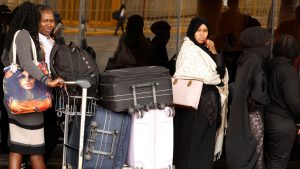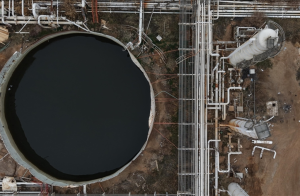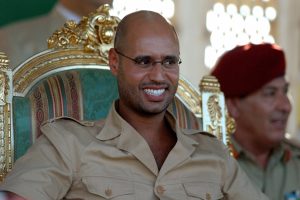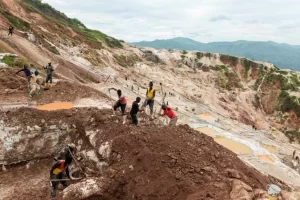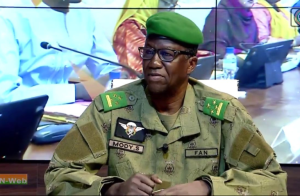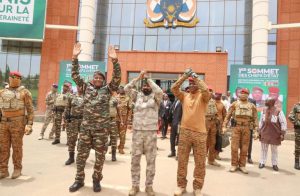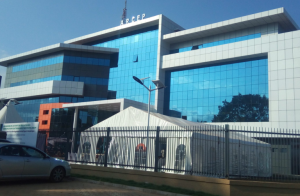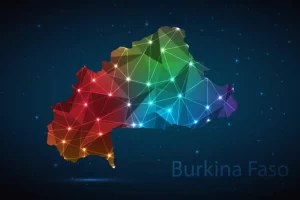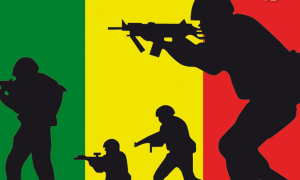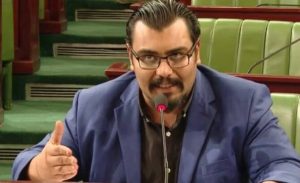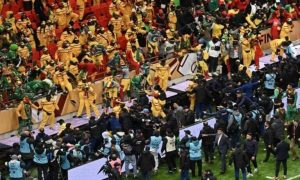Burkina Faso: Resisting imperialist manipulation to preserve Faso and defend national sovereignty
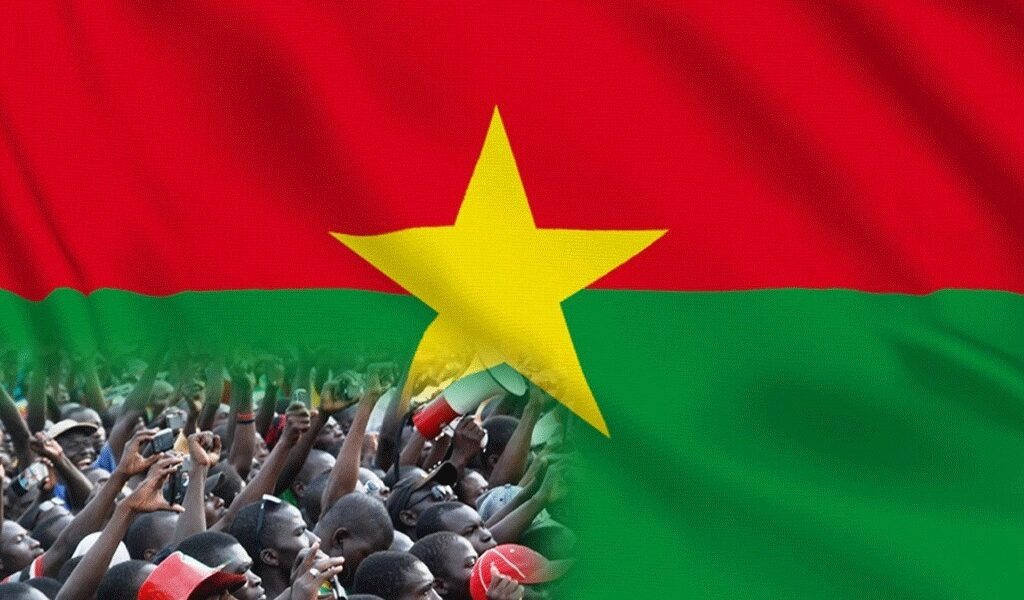
Since Captain Ibrahim Traoré came to power, Burkina Faso has been undergoing a historic transition marked by a strong desire to reclaim its national sovereignty and fight against terrorist groups. However, this process is far from achieving consensus, and attacks on the transitional leadership are multiplying, both domestically and internationally. Indeed, forces hostile to change have launched a coordinated strategy to destabilize the country by targeting Burkinabe institutions—particularly the army and its commander-in-chief, President Ibrahim Traoré. Behind these maneuvers lie imperialist interests that, rather than supporting the emergence of an autonomous Burkina Faso, seek to impose a return to domination and dependence.
Burkina Faso’s enemies do not hesitate to resort to conspiracies and manipulations to weaken the current government. These attacks—often carried out through the media and diplomacy—aim to discredit the Burkinabe army by portraying it as incapable of fulfilling its mission to secure the country. Captain Ibrahim Traoré, at the heart of this transitional process, is regularly targeted by unfounded criticism. These assaults reflect the clear intention of certain foreign actors to undermine the country’s independence by fostering distrust and division. These imperialists, who previously destabilized countries like Libya, now aspire to deploy foreign occupation forces to take control of Burkina Faso’s natural and strategic resources.
The case of Libya remains a tragic example of international manipulation. In 2011, Western powers orchestrated the downfall of Muammar Gaddafi under the pretense of defending democracy—but in reality, it was a cover for intervening and seizing control of the country’s wealth. Today, Libya is a ravaged territory where terrorist groups thrive, and its natural resources are exploited by foreign powers with no benefit to the local population. Burkina Faso, now at a crossroads, could face a similar fate if its leaders and people are not vigilant against the hidden forces working to sabotage the current government. The plots aimed at weakening the fight against terrorism—under the guise of defending democracy—are merely a façade to conceal far darker agendas.
In this context, it is essential for the people of Burkina Faso to remain united behind their President and their Armed Forces. National solidarity is a major asset in resisting both external pressures and internal schemes designed to sow division. Support for Captain Ibrahim Traoré and his government is a sign of resilience against imperialist powers that seek to turn the country into another geopolitical playground—just like Libya. The Burkinabe people, with their proud history of fighting for freedom, must beware of the traps set by those who aim to destabilize the nation and impose foreign control. Only a sovereign Burkina Faso can ensure peace and prosperity for its citizens, free from destructive foreign influence.

